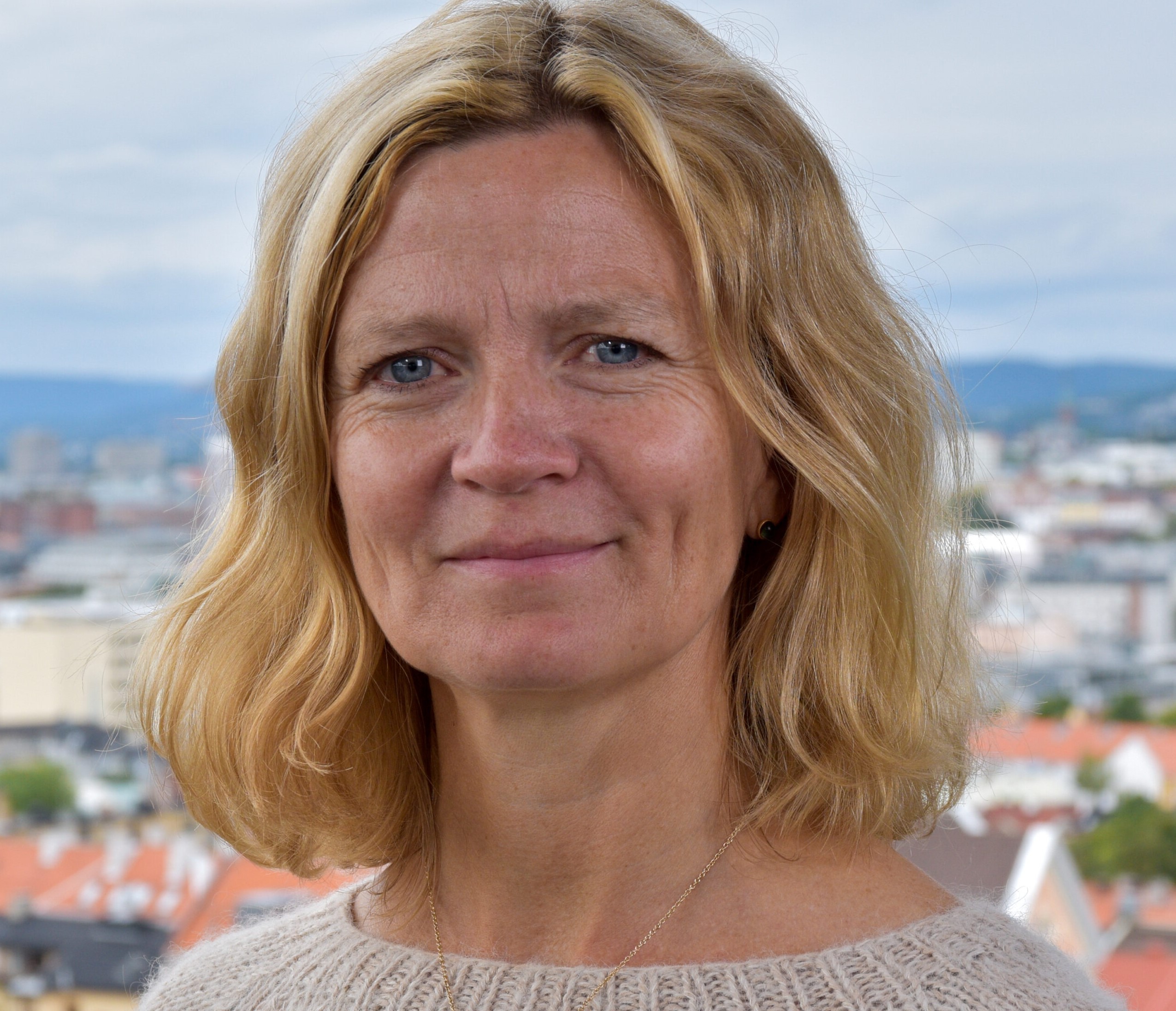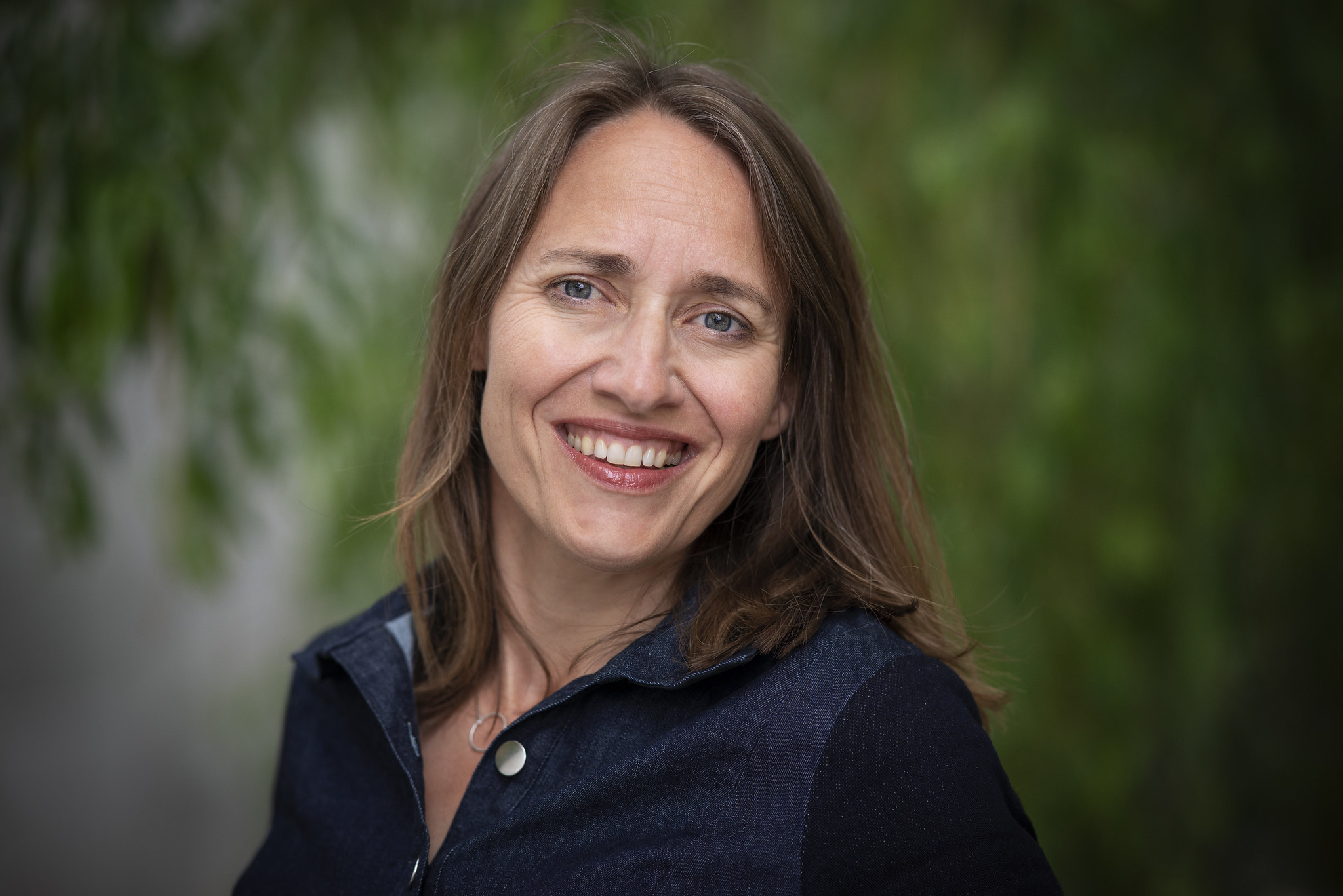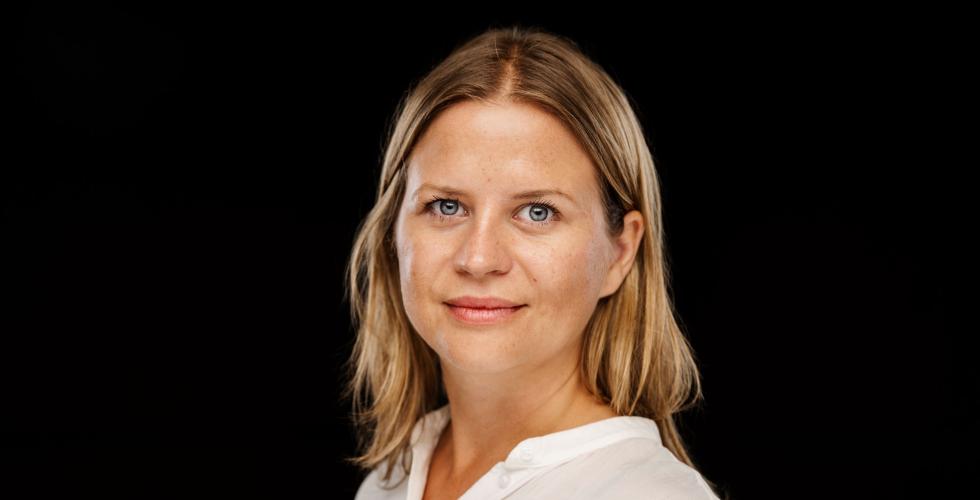Class in academia: ‘Researchers are not like the average person’
“Yes, more researchers have parents with higher education. But you don’t have to be born into academia to succeed,” says Silje Fekjær, Vice-Rector at OsloMet.
The relationship between social class and recruitment to academia has not been investigated in any detail. So there was great interest when Statistics Norway released figures on just that.
Kifinfo talked to senior advisor at Statistics Norway Kaja Wendt, just 30 minutes after the figures had been released. She told us that this is the first time a link has been established between parents’ level of education and researchers in the university, university college and research institute sectors.
“In 2022, this covers around 40,000 researchers and academic staff. All researchers in Norway, except those who work in business and industry, are registered here.”
The figures are taken from Statistics Norway’s researcher personnel register and population statistics for the years 2012 to 2022, Wendt explains.
“What is the most important finding you’ve made?”
“Our data show that researchers have a higher proportion of parents with a high level of education than the corresponding figure for students.”
Among the researchers, 66 per cent have parents with higher education, while the figure is 60 per cent among students, and 32 per cent for the population as a whole.

Heading towards greater class differences?
Wendt is not surprised, and says that many of the findings were as expected, and lend support to what many have already highlighted, i.e. that it is more difficult to achieve an academic position and career if you are not born into it.
“Many of our findings are as expected. One thing that did slightly surprise me is that the parents of employees in the research institute sector had slightly higher education.”
“Why?”
“This is explained by the focus on academic positions that do not provide permanent employment being an important variable in people opting out of a career. People with highly educated parents also apparently seek security, above all else.”
“However, there are also other reasons for choosing a career in research in this or that sector,” Wendt points out.
Another thing, according to Wendt, is that there is a clear difference when it comes to age.
“The pattern we see is that extremely few people in academia under the age of 30 have parents without higher education, while this is more variable among older researchers.”
“Reproduction of class thus seems to be increasing. But we need to look at the level among students, or the highly educated in general.”
“You don’t have to be born into academia”
Vice-Rector and researcher at OsloMet, Silje Fekjær, has a strong interest in the recent figures from Statistics Norway.
“I am conscious of social class and academic proportions in academia, both as a researcher and as a Vice-Rector, and I find that there is bias: who takes higher education is still no coincidence.”
“Yes, researchers are not like the average person, more of them have parents with higher education and I definitely believe that this makes it easier for them to feel at home in academia.”
“At the same time, we run the risk of exaggerating and creating a greater sense of exclusion than there are grounds for.”
“I'm afraid of simplifying the way we talk about this.”

You’re by no means alone if you’re not born into academia, according to Fekjær, and comments on the recent figures:
“Although one third have parents with a master’s or doctoral degree, approximately the same number have parents who don’t have an education after upper secondary school, and adds:
“Among professors and other senior positions, it is clearly more common to have parents who have not taken an education after upper secondary school, than it is to have parents with a master’s or doctoral degree, 40 per cent versus 31 per cent.”
“I worry that a strong spotlight on the fact that it’s impossible to succeed in academia without academic parents can overdramatise and aggravate the situation,” Fekjær explains and adds:
“We should focus on and draw attention to those who actually succeed. I agree that being born into academia makes the road easier, but we should take care not to present it as an assumption for enjoying your work and achieving what you set out to achieve.”
“I’m also afraid of imposter syndrome, which is an issue for many in academia, even for those with highly educated parents,” says Fekjær.
Imposter syndrome knows no class?
Fekjær explains imposter syndrome as the sense and fear of being exposed.
“Many of us have spent far too much time going around thinking that ‘when they read the draft I’ve written, they will realise that I’m not really that good and have no place in academia’”.
Fekjær says that this stems from a feeling of not fitting in, and a sense of exclusion. She refers to a UK study among students where they found that this feeling is just as strong among those who have grown up in a family of academics as it is for others.
“There are many studies on this and the conclusion may not be clear, but there is certainly no reason to believe that you’re immune to impostor syndrome because your parents have higher education.”
“Security may be a keyword here?”
“Yes, as an institution, I believe that OsloMet and other educational institutions must work continuously to ensure that all students feel secure and included. This should be a focus already at bachelor’s level.”
According to Fekjær, it will not only make students stay in academia, but also reduce class imbalances up through the system and in academic positions.
Her doctorate looked at the link between ethnic background and academic affiliation.
“I assume you have therefore looked closely at the issue of academia being open to everyone. Are we moving in the right direction?”
“A lot has happened in the past 30-40 years, and there are many employees in academia who have parents who neither grew up in Norway nor have higher education.”
“But I’m not naive and realise that there are advantages to being born into an academic family. Behaving and dressing in a way that signals the ‘right’ class background is probably still an advantage in academia, almost fifty years after this was described by Pierre Bourdieu.”
“How does OsloMet work on preventing social background putting a stop to the desire to pursue a career in academia?”
“I'm personally a little sceptical of measures that split people into different groups. I think that can be more stigmatising than helpful.”
Fekjær thinks the focus should rather be on security and an open culture from early on in the study process.
“I believe in our responsibility to give students the opportunity to experience mastery, regardless of where they come from.”

Knowledge is the seed of change
Are Skeie Hermansen, professor at the University of Oslo (UiO) and a member of the KIF Committee, believes the figures from Statistics Norway are interesting and important for several reasons. First and foremost because we need knowledge about the status of social background and access to an academic career.
“Knowledge and understanding of what, why and how is important to implement effective measures, also in this context,” explains Hermansen.
He does not find it surprising that Statistics Norway’s figures show a clear link between parents’ education and recruitment in academia.
“The pattern of children following their parents in education and career choices is evident in most professions. It is logical to think that this is also clear and significant in academia.”
Hermansen emphasises that attaining a top academic position requires Norway’s highest level of education, i.e. a doctorate, and completing such an education is demanding and will reflect accumulated differences in performance and choices throughout the course of education.
“Role models and good support become even more important when investing in an academic career path.”
“What knowledge do we need about social class in academia, in addition to the numbers and statistics from Statistics Norway?”
“We need to identify where and why the differences arise, at what point in the educational process social background becomes relevant and visible in the form of class-based choices and skewed career outcomes.”
Is it after taking a master’s degree that those without academic parents back out, or does it happen after completing their doctorate, Hermansen asks.
“Or does it happen in the demanding qualification and job search phase, when it may be more tempting to apply for secure permanent jobs in other parts of the labour market, if you don’t have networks and role models that can make it easier to secure a permanent position in academia?”
What class means in different subjects
Hermansen believes it will also be interesting to investigate how and whether class and background have different significance for recruitment patterns in different disciplines.
“I also expect to see great variation there,” he states.
“Do you think the educational institutions have a clear focus on class and recruitment?”
“It may be possible to implement more measures once we know more about at what point in an academic career such differences arise. It is difficult to act and regulate this when we still don’t know enough.”
At the same time, changing these patterns will be challenging, emphasises Hermansen.
“However, I also expect educational institutions to learn from the other gender equality measures to reduce differences, such as possible mentoring schemes.”
“The interest in, and spotlight on, social background in academia found its way onto the political agenda later than, for example, gender and ethnic background. Do you have any thoughts on that?”
“Gender and the equality debate in academia came about as a natural extension of what was otherwise happening in society.”
“I don’t know why the focus on class and social background is high on the agenda now, but it may be related to the general increasing focus on inequality we have seen over a certain period of time. This may also be why class and social background were included in the KIF Committee’s mandate two years ago.”
Lack of foreign researchers
The figures released by Statistics Norway today tell us something about class and recruitment to research.
“You have now complied an extract and looked at some of the correlations. What else do we need to know?”
“Looking at intersectionality, for example, is interesting. I.e. the effect of variables such as age, gender and ethnicity as well as parents’ educational background,” says Kaja Wendt.
It would also have been interesting to take a closer look at the 13,000 people in the register who have not stated their parental background, says Wendt.
“These people are almost exclusively of foreign origin. We chose to not include them, but I expect that they have parents with higher education, given the choices they have made.”
Translated by Allegro Language Services.
Knowledge gaps have previously been identified relating to the importance of social background for an academic career.
In this context, the Committee for Gender Balance and Diversity in Research (KIF Committee) organised a seminar on social background in academia (in Norwegian only) on 4 December 2023.
For the first time, Statistics Norway has published statistics on social class in the research sector. The figures (in Norwgian only) were published on 21 March 2024.
Read news items about class and statistics about researchers and social background at Kifinfo.



